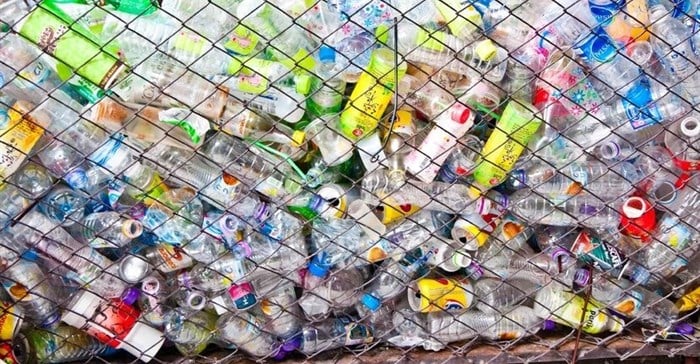
Top stories




Marketing & MediaWarner Bros. was “nice to have” but not at any price, says Netflix
Karabo Ledwaba 1 day


More news

Logistics & Transport
Maersk reroutes sailings around Africa amid Red Sea constraints

















Commenting on the latest recycling figures, Plastics SA executive director Anton Hanekom said that the plastics recycling industry around the world is taking strain.
"Analysts agree that 2015 was one of the toughest years for recyclers locally and abroad in more than a generation, owing to historically low oil prices that led to lower polymer prices. This in turn had a direct impact on the price of recycled material, which resulted in minimal growth and a slowdown in the amount of plastics we are able to divert from landfill."
The results of the last comprehensive and complete survey for the year ending December 2015 show that:
"SA has a thriving recycling industry that creates jobs for thousands of people. Yet, it is frustrating to see there is still not an established recycling culture in our country. We still see too much plastics ending up in landfill that could have been recycled many times over into various new products," said Hanekom.
According to the latest Plastics SA figures, the lack of a consistent incoming stream of recyclables was the single biggest challenge plastics recyclers faced during 2015. A large quantity of the materials that were made available for recycling was recovered by waste pickers off landfill sites, where they were contaminated and therefore of poor quality. At some sites, up to 40% of materials had to be scrapped or rejected due to impurities.
According to Hanekom, recyclers have to operate in an increasingly difficult business environment where they face high operating costs, tight margins and challenges such as load shedding, escalating electricity costs, water shortages and a downturn in the economy.
"Recycling is a cyclical, commodity-based business. However, there seems to be a public perception and expectation that the recycling industry needs to save the planet, extend the supply of natural resources, provide cheaper raw materials, create sustainable jobs, fix the image of plastics littering, save landfill space and rid the country of its visible litter problem - all at no cost to anyone!
"This is an important industry that sustained close to 55,000 jobs last year. It needs all the support it can get to continue growing and developing into a priority sector," said Hanekom.
"The plastics recycling industry has achieved outstanding results in the face of many obstacles and challenges. However, we need to use these challenges to help us adapt to changing market needs and expectations.
"With the help of brand owners and retailers willing to get involved by putting pressure on the converters to design products that are recyclable and contain a percentage of recycled material, we will take plastics recycling to a new level."
Recyclers operate in an increasingly difficult business environment where they face high operating costs and tight margins
Source: Business Day

For more than two decades, I-Net Bridge has been one of South Africa’s preferred electronic providers of innovative solutions, data of the highest calibre, reliable platforms and excellent supporting systems. Our products include workstations, web applications and data feeds packaged with in-depth news and powerful analytical tools empowering clients to make meaningful decisions.
We pride ourselves on our wide variety of in-house skills, encompassing multiple platforms and applications. These skills enable us to not only function as a first class facility, but also design, implement and support all our client needs at a level that confirms I-Net Bridge a leader in its field.
Go to: http://www.inet.co.za